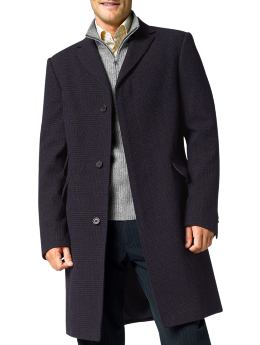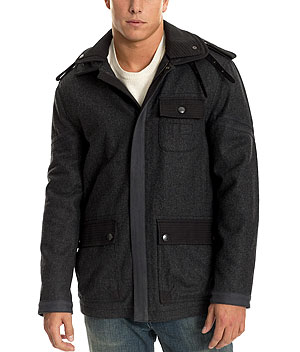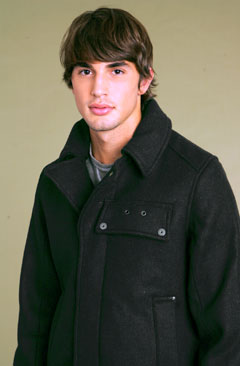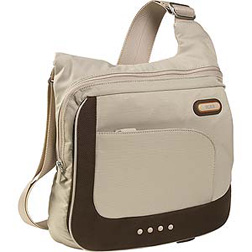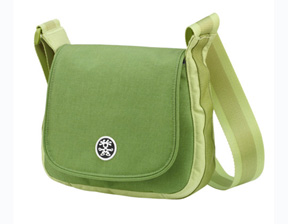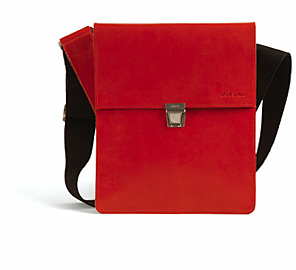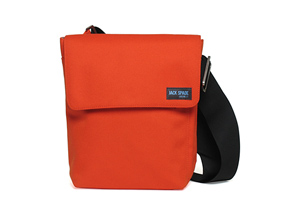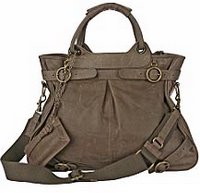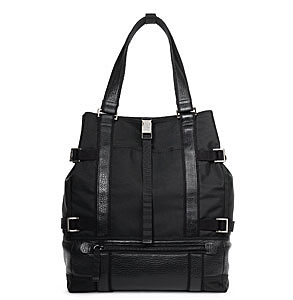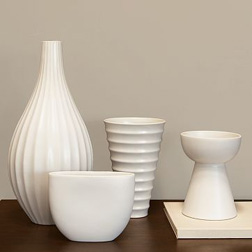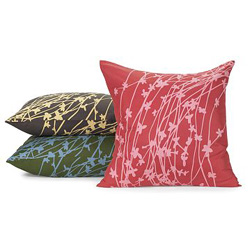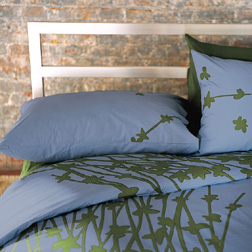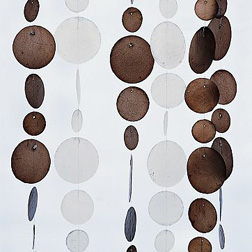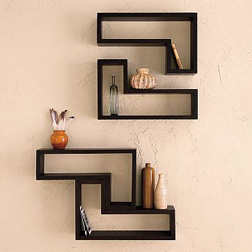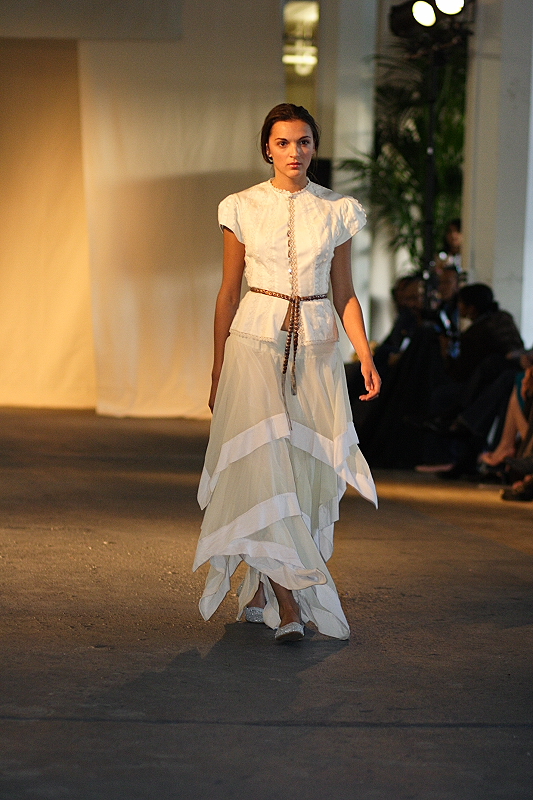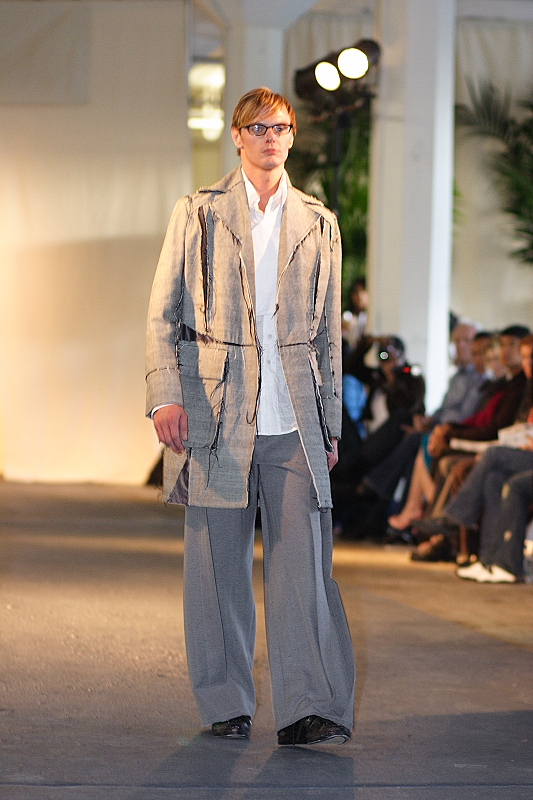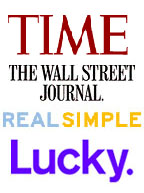
In Part I of this article, we discussed the basics of so-called cheap chic fashion: what it is, and why it’s so appealing. Now that we have a background on why cheap chic is gaining popularity, we can discuss what it may mean from both a consumer and business perspective.
Consumer Perspective:
- More clothes, less overall quality. Cheap chic, with its lower quality standards, leads to the wearing of clothes for a season or less, for so-called “disposable fashion.”
- Reinforced acceleration of trends. Fashion information is moving faster, and so are physical items of clothing. The average time it used to take between the start and end of a trend used to be measured in years. Now, fashion trends come and go in months.
- Challenge: Keep up with the speed of fashion. Since fashion trends are now measured in months, not years, it’s becoming increasingly difficult to keep up with the speed of fashion. More information sources will pop up (such as this blog) to keep people informed as to what’s in and what’s out.
- Personal Style more important. As average consumers gain access to a larger number of garments and trends (due to the “cheap” in the chic), the idea of personal style is going to become more paramount. Now, anyone with a copy of Lucky magazine and access to H&M can deck themselves out head-to-toe in the latest trend. Is this true style? We think not. Fashion forward individuals will need to look for new means of expressing their style and individuality, be it through unique combinations of garments, status accessories, clothing alterations, or something else.
- Importance of Editing. With so many trends flying around, one of the most important skills to have will be the ability to edit down the season’s trends to those that fit one’s personal style, lifestyle, and body type. Those that cannot or choose not to edit might fall under the…
- New definition of “Fashion Victim.” Fashion Victims have traditionally been those who slavishly follow trends. They might wear one designer head to toe, or they might combine two or more contrasting trends into one outfit. But a new classification will likely emerge: the fashion victim as one who hops along after each fast-moving trend, trying to wear each look before it goes out of style. She’s the girl who doesn’t just keep up with what’s happening with fashion–she actually tries to wear Everything that’s new and stylish.
Business Perspective:
- Improved supply chains needed. Companies like Zara have long been proponents of a supply chain based on the idea of postponing each production decision to the last possible moment to preserve production flexibility. Why postponement? It allows the retailer to more accurately forecast demand for a particular style good. Estimating December demand for a wool coat, for instance, would be easier and more accurate to do in November than it would be in June.
- Need to address human rights issue. Cheap comes at a price, and it’s often at the cost of third-world garment workers. Sweatshops are an industrywide problem, unless something drastic is done, the human rights violations that they cause will likely only get worse with the growing popularity of cheap chic fashion.
Check back later today for our last post in this series, where we’ll be touch on wardrobe building in an era of disposable fashion.
Posted by Trisha on November 9th, 2005 in News |
Thanks, Mat, for sending us an article from SFGate on cheap chic fashion.
Our first take? Interesting article, but while H&M might be bringing the cheap chic phenomenon to the fashion forefront in San Francisco with its November 19 opening, the idea is anything but new.
Forever 21, Zara, H&M, Mango, and others have been playing in this space for over a decade. However, it wasn’t until 2000 that the US womenswear market got a real taste of the cheap chic trend, when H&M opened its doors in New York.
We’ve got a lot to say on the topic of cheap chic fashion, as it’s near and dear to our hearts and closets. To make reading more manageable, we’re going to split our thoughts into three posts.
In Part I, we’ll go back to basics and discuss what cheap chic fashion is as well as why it’s so appealing. In Part II, we’ll dig deeper and tackle what cheap chic means from both a consumer and a business perspective. And in Part III, we’ll touch on wardrobe building in an era of disposable clothing.
What is cheap chic fashion?
Just what it sounds like–moderate to discount priced clothing that, due to its trend value, quickly moves from the runway to production to the retail floor to consumers’ closets. Clothing is generally merchandised from an item-based, rather than a collection-based perspective.
Retailers like H&M and Zara, who specialize in this cheap chic phenomenon, move new goods into the stores on a daily to weekly basis to replace the items being sold. From a business perspective, this means producing a greater variety of styles, but each in a lower quantity.
Consider it the opposite of the traditional retail model, which has a retailer like Gap producing a set collection for each season. Instead of item-based merchandising, we see items being sold as part of a greater collection. When consumers buy merchandise, the shelves are replenished with more of the same clothes. Here, there exists less variety in styles, but each style is produced in a higher quantity.
Why is cheap chic so appealing? Two reasons:
- For one, it’s cheap. You can afford to buy a greater variety and number of items. The inherent flexibility here, combined with the American create-your-own-look individualism is extremely powerful.
- Secondly, it’s a logical outgrowth of the acceleration of fashion information. We’re getting our trend information faster and faster these days. We used to have to wait for fashion magazines to publish information on the latest runway shows. Now, with websites like NY Metro (same day coverage) and Style.com (next day coverage), the wait time is almost negligible. As fashion information moves faster, trends accelerate. The next logical step in the chain is for fashion garments themselves to move faster, and that’s precisely what’s happening through cheap chic fashion.
Posted by Trisha on November 8th, 2005 in News |
Great tailoring details–notched collar, center back vent, inner welt pocket, and a covered placket closure at center front. And you can’t beat the price for this quality.
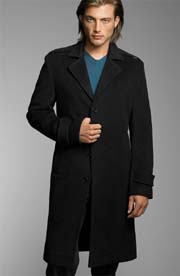
Theory "Delano" Long Coat | $795 at Nordstrom
Made of merino wool, this coat is soft, sleek, and streamlined. A great way to face the winter months.
Toggle Coats Rock. But besides the toggles, we love the hoodie and the handwarmer pockets (great for shielding yourself from adverse weather) and the tailored seamlines.
What can we say, Military is still Hot for Fall/Winter. We love the epaulets and the oversized pockets with hardware detailing on this coat.
This is a peacoat with an edge–and a distinctive look that makes it look like another coat genre altogether. We appreciate the wide collar and the foldover snap placket over the front zipper. Look for the rivet detailing on the side pockets and chest snap pocket.
Posted by Trisha on November 8th, 2005 in Men, Shopping Guide |
Over the weekend, we searched high and low for the perfect men’s mini messenger bag, a reader request from Mat.
To use Mat’s description, we were looking for a small day bag that was, "Casual, but still clean, versatile and understated." We couldn’t have said it better ourselves.
So without further ado, we’re pleased to present to you our top four man bag options. Note that each comes in a variety of colors that ranges from classic to trendy–you’re not limited to the colors shown here.
Posted by Trisha on November 7th, 2005 in Men, Shopping Guide |
Issue XV of the Friday Fashion Hotlist: a weekly compilation of the cutest and coolest stuff Style Intelligence Report saw out there this week.
This week, we searched high and low for stylish, but utilitarian bags for work. Check out what we found!
For women…
The straps, the hardware, the shape–we love everything about this bag. We think that the nipped in strapline gives this tote a little something extra. It’s roomy enough to hold your papers, books, art supplies, cell phone, PDA, iPod…and it’s stylish to boot!
And for men…
We love both the strap detailing as well as the hardware elements. This tote perfectly complements the utility-conscious look of the season.
Posted by Trisha on November 4th, 2005 in Friday Fashion Hotlist, Trend |
We’re all over…
The complete Sex and the City series on DVD
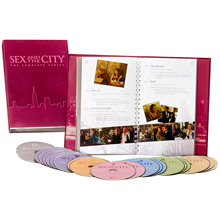
Photo Credit: HBO
Why: Raise a cosmo to the future movie nights ahead!
(We already have one slated for this Saturday afternoon)
We’re all over…
Tiered, ruffled column dresses
Pictured: Michael Kors Spring 2006

Photo Credit: NY Metro
Why: These tiered layers allow you to display your upbeat side
and are a far better alternative to the mass-produced prairie skirt.
Plus, it helps to know that they’ll be here to stay ’til at least next spring.
We’re So over: Fedoras

Photo Credit: E! Online
Why:
Warning: Strongly avoid unless you are either
a) Cameron Diaz
b) Cary Grant
c) Inspector Gadget
We’re So over:
The folkloric Russian dirndl outfits

Photo Credit: E! Online
Why:
We’re all for keeping abreast of trends
–just not blindly following them.
This kitschy theme is simply a bit overboard for us…
Posted by Susannah on November 4th, 2005 in Trend, What's In and What's Out, Women |
We found some great contemporary-looking pieces at West Elm. Our favorites?
Posted by Trisha on November 3rd, 2005 in Shopping Guide, Home |
Worth Global Style Network also weighed in on color for Autumn/Winter 2006-2007, noting:
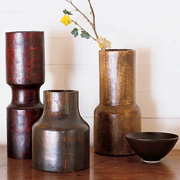
- Growing importance of grey and brown.
- Brown influencing yellow and green to create golden and olive toned colors.
- Greens softening with saturated blues.
- Cool colors from Teal to Violet growing in importance.
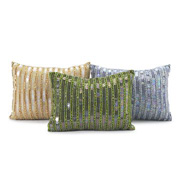
WGSN also made note of the mix we’re seeing between nature and urban life. The return to natural colors like beige, brown, and green reflects the want to seek refuge in the natural world. On the other hand, techno fabrics (think of stain-resistant and other performance fabrics) reflect society’s tendency towards innovation and the embrace of manmade creations.
Posted by Trisha on November 2nd, 2005 in Trend, Trend Predictives |
Background on Black Coffee: Black
Coffee is the brainchild of designer Jacques van der Watt, who is known
in his native South Africa for his mysterious yet feminine creations.
Key Takeaways: Black
Coffee’s collection made heavy references to traditional Japanese
culture such as obi belts, kimono-style dresses and canvas flats.
Color Palette:
Beige, taupe, black and white colors emphasized an Asian influence;
some of these muted colors were contrasted with rich hues such as
burgundy and red.
Silhouettes: The
unusual cuts and lines of van der Watt’s pieces helped to differentiate
the label from many others. Black Coffee truly caught our eye with
unusual takes on layering (a structured knee-length jacket paired with
a flowy, asymmetrical skirt) and shape (tunics with three tiers of
ruffles at the bottom).
Photo Credit: Ling Kong
Accessories Report: Canvas slippers on the women; wooden beaded necklaces; printed obi belts; necklaces with coin-shaped pendants.
What’s Wearable: Black Coffee proved that, despite overt ethnic references, this collection could still be wearable.
With this top, Black Coffee has truly gone full circle:
Posted by Susannah on November 1st, 2005 in Runway Reviews, Runway Reviews, Trend, Women |
Background on Paul Munroe:
A former civil engineering student, Paul Munroe has been showing his
designs on the runways of South African Fashion Week for the past six
years. This show, which featured only menswear, was Munroe’s US debut.
Key Takeaways:
What this collection lacked in cohesiveness it compensated for with
creativity. While we weren’t quite sure how to describe the ensembles
seen at the show (Urban thug? Eighties rockstar? Space cowboy?) we
decided that perhaps the collection’s inability to be labeled is part
of its appeal.
Silhouettes: Baggy jeans, plaid pants and kilts, quilted nylon overalls, vests.
Accessories Report: We
spotted leather piping, medallions and iron-on patches on
everything–from the sides of a pants leg to the back of a vest–as
well as pocket detailing and fabric-and-stainless steel belts.
What’s Wearable:
While many of Munroe’s outlandish ensembles seem fitting for only the
most extreme of alternative lifestyles (example: a sleeveless leather
tank resembling a corset), each individual garment is interesting
enough to worn as a stand-alone piece. We also liked the bomber jackets
and baggy black jeans (our photographer boldly proclaimed: "I would
definitely wear those.")

Posted by Susannah on November 1st, 2005 in Men, Runway Reviews, Runway Reviews, Trend |
Next Posts
Previous Posts

